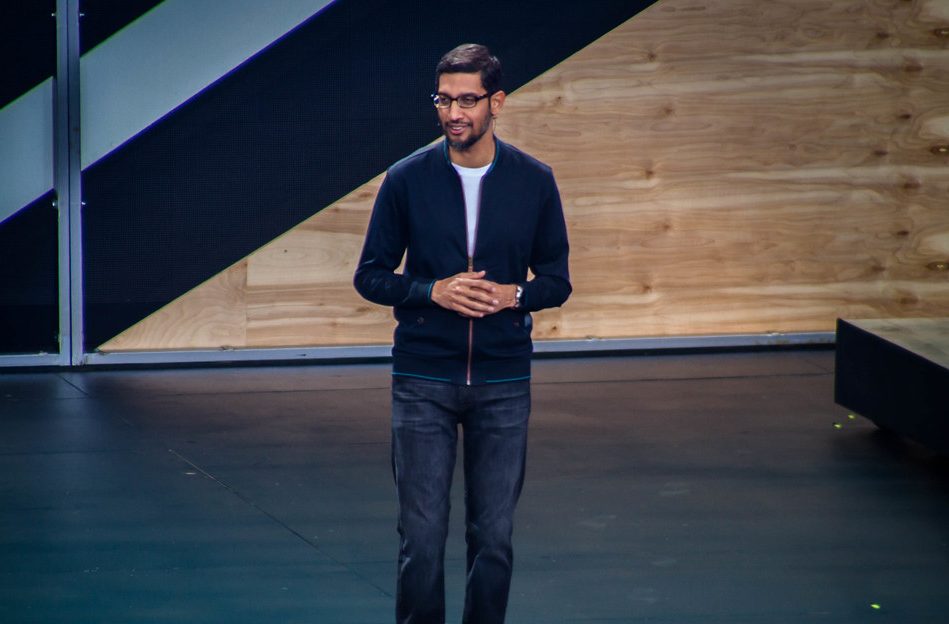Google and Alphabet CEO Sundar Pichai has stressed the importance of regulating artificial intelligence, calling for change that would hamper the dangers of facial recognition and deepfakes.
The tech giant’s CEO has stated the importance of regulating AI, touching on the potential balance that should be struck between risk and opportunity. In an editorial with the Financial Times, he wrote: “There is no question in my mind that artificial intelligence needs to be regulated. It is too important not to…The only question is how to approach it.”
Pichai believes that whilst AI is to be adopted and used as a toll for progress, it should be used cautiously and certain rules, such as those for ‘self-driving’ motor vehicles, should be adopted, whilst in other areas, such as healthcare, existing frameworks should be able to cover newly introduced AI based tools.
“Companies such as ours cannot just build promising new technology and let market forces decide how it will be used,” he said. “It is equally incumbent on us to make sure that technology is harnessed for good and available to everyone.”
As one of the biggest CEOs in the world, and the top spot in our Top 50 CEOs list, Pichai is potentially one of the most influencing voices to speak out on AI regulation. He believes that first and foremostly, the international community should agree on standards that will set the precedent of AI use and regulation moving forward. If there’s anyone that can unite us all in agreement, it’s got to be Pichai.
Currently in the US, regulation is being murmured that would touch lightly on current AI adoption, prioritising innovation. On the other hand, the EU is considering a much more stringent approach with a potential five-year ban on facial recognition. In his editorial however, Pichai does touch on his own firm’s intentions when it comes to artificial intelligence; Google’s internal policies for example, ban the use of AI “such as to support mass surveillance or violate human rights.”
Pichai concludes his thoughts by noting that “principles that remain on paper are meaningless,” and that while talk about innovating alongside appropriate regulations is beneficial to everyone, until action is taken, progress is in fact stifled in a back and forth of discussion, resulting in a talk-only agenda.









